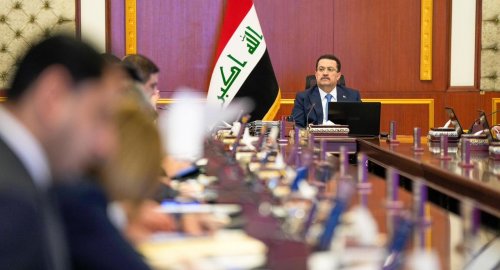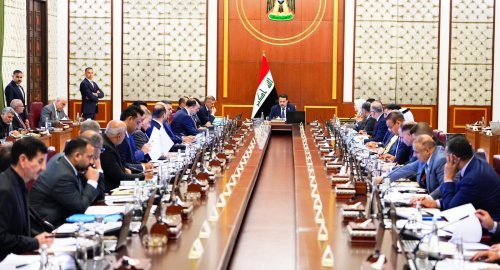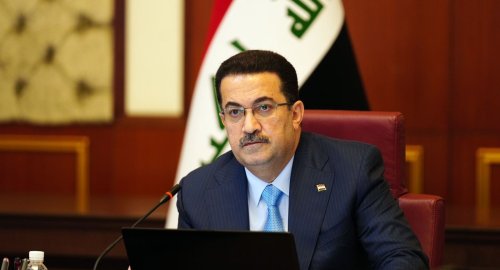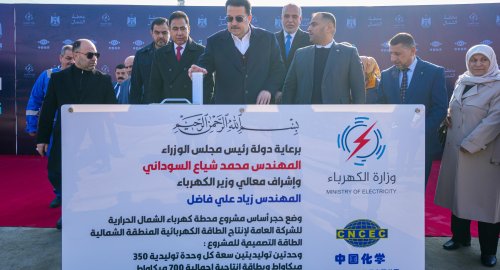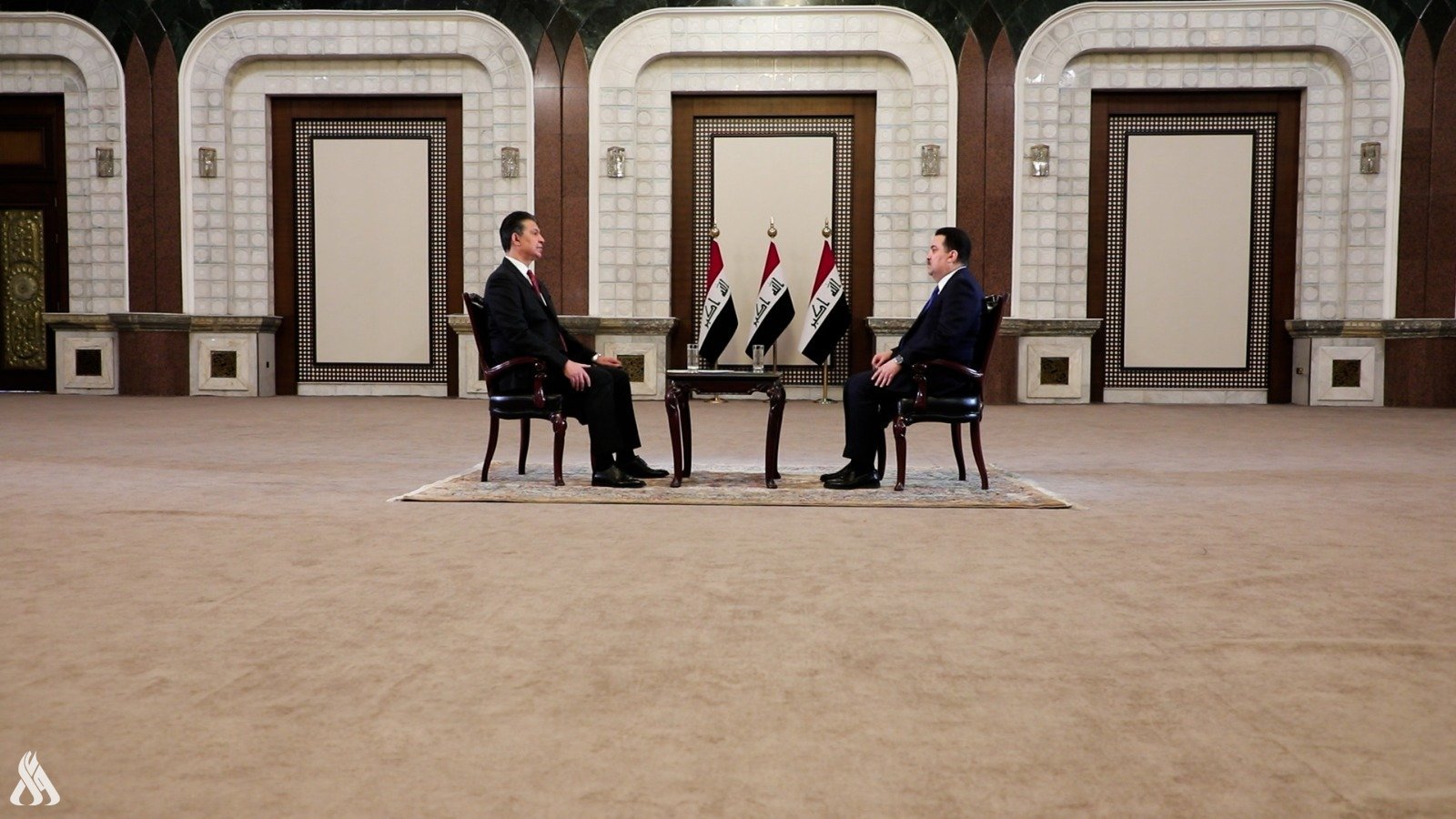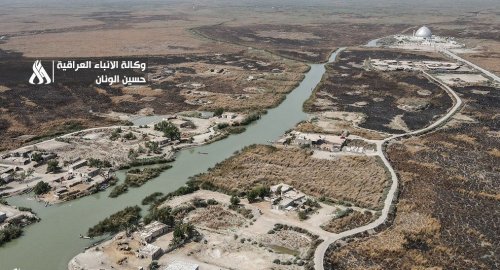
A 10-year long-term national climate change adaptation strategy prepared by MOE

- 17-08-2024, 18:27
Baghdad - INA
The Director of the Climate Change Directorate at the Ministry, Youssef Mu'ayyad Youssef, told the Iraqi News Agency (INA): "The Ministry, in coordination and cooperation with the United Nations Environment Program and the World Food Program, will prepare the long-term national strategic plan for adaptation, which will be issued next year and extend until 2035.".
He added, "The plan will focus on how to increase Iraq's adaptation to the effects of climate change and fragile and affected sectors, which is one of the most important sectors that are being focused on to increase the resilience of affected agricultural communities, especially in rural areas and marshes, where the required priorities, plans and strategies are being set to support these vulnerable groups.".
He pointed out that "there is a project to prepare a local adaptation plan in 6 governorates that will be implemented by the Ministry of Environment to focus on affected areas and will be completed in coordination with the World Food Program, and cooperation with local governments," noting that "next month will witness a review of the outputs of the national adaptation plan."
He explained that "the ministry will hold meetings with governors to set priorities within the local governments plan to intersect with national strategies in Baghdad, stressing that "supporting vulnerable groups affected by climate change is one of the most important priorities."
He stressed that "new packages of pioneering projects will be launched in coordination and support with international donors, United Nations agencies and international agencies during the coming period."
He continued, "There are many pioneering projects implemented by the ministry in coordination with the World Food Program (WFP), the Food and Agriculture Organization of the United Nations (FAO), the German Agency for International Development (DIZ) and the United States Agency for International Development (USAID), indicating that "the pioneering projects will focus on climate-smart agriculture, drip irrigation and modern irrigation technology, as well as focusing on affected groups and implementing small projects and supporting them to increase their ability to confront many climate changes and to ensure their survival in their areas through these projects."
Trump: I will stop the chaos in the Middle East and the war in Ukraine
- International
- 10:07
US Central Command: We killed ISIS terrorist leader Abu Yusuf in Syria
- International
- 24/12/20
Liverpool compete with Real Madrid to sign Olympique Lyonnais star
- Security
- 24/12/19
ISC, ADX discuss Strengthening Economic Ties
- Economy
- 24/12/16
Iraq assumes presidency of Arab Investment Company’s Executive Board
- Economy
- 24/12/17

